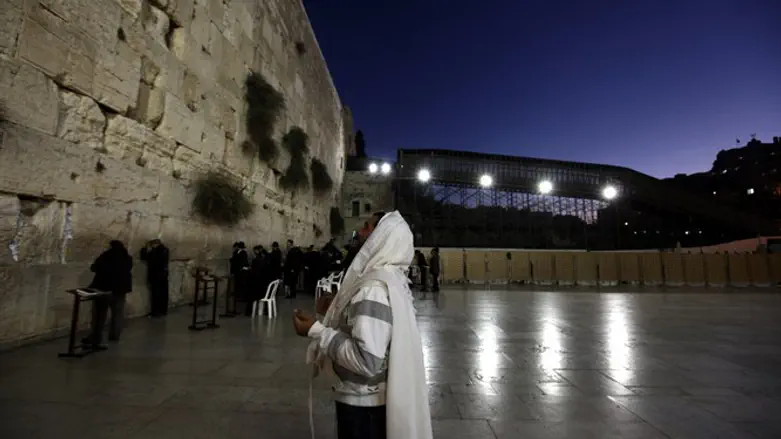
Today marks “The Fast of Esther,” which takes place every year before the holiday of Purim. It begins at dawn and ends at sundown. Readers should check local synagogues or the web for exact times.
The fast is different from other fasts on the Jewish calendar in that it is not held as a show of mourning (as are the fasts of the Tenth of Tevet, Seventeenth of Tamuz, Ninth of Av, and the Fast of Gedalia), but rather in commemoration of the fast that our forefathers held in the days of Mordechai and Esther. Esther told Mordechai to gather all the Jewsto fast for three days and pray for her success in approaching King Ahasueros to beg him to revoke Haman's decree. They did and the rest is history, to be found in the Megillah Of Esther.
It is considered a “lighter” fast with greater leniency if one is not feeling well.
Women feeling faint or who are nursing babies are not required to fast - neither are faint or elderly men. Even so, those not fasting should not eat more than they need to maintain health.
Historically, the Fast of Esther held special significance for “converso” Jews living in Spain during the Inquisition. They identified with Esther who, like they did, maintained her Jewish identity secretly inside a hostile non-Jewish society.